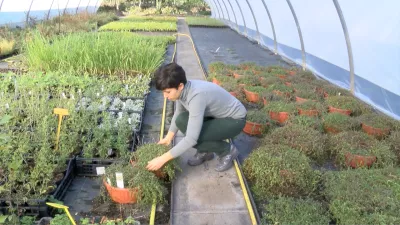General information
RDP Priority
- P1. Knowledge transfer and innovation
RDP Focus Area
- 1A: Innovation & cooperation
Summary
Italian nature conservation scientists joined forces with commercial horticultural growers in a cooperation project to promote a new range of garden shrubs and other plants that help to increase the sustainability of native flora in Lombardy. A partnership of public and private sector bodies implemented the project. They included a research centre, a university, a foundation, a natural park and 10 plant nurseries. Project activities included collecting native species to test reproduction systems. Some 40.000 plants were tested and findings led to a horticultural production process that was certified with an ISO 22005 standard. A promotion campaign followed to raise awareness about the new ranges of ornamental plants. This included carrying out market research to determine demand for plants that customers found attractive.
Results
A total of 20 different certification procedures were developed and validated for native plants.
Over 28 000 plant specimens were produced and branded as ‘Flora Autoctona®’ (certified origin).
More than 12 000 of these had the environmental certification UNI EN ISO 14020 concerning native plants.
The partners established a consortium to take the project actions further. This producer group included 60 members ranging from plant nurseries, consulting services, publishing bodies, greenhouse producers and exhibitors.
Keywords
Ressourcen
Documents
Contacts
Mrs Roberta Ceriani


